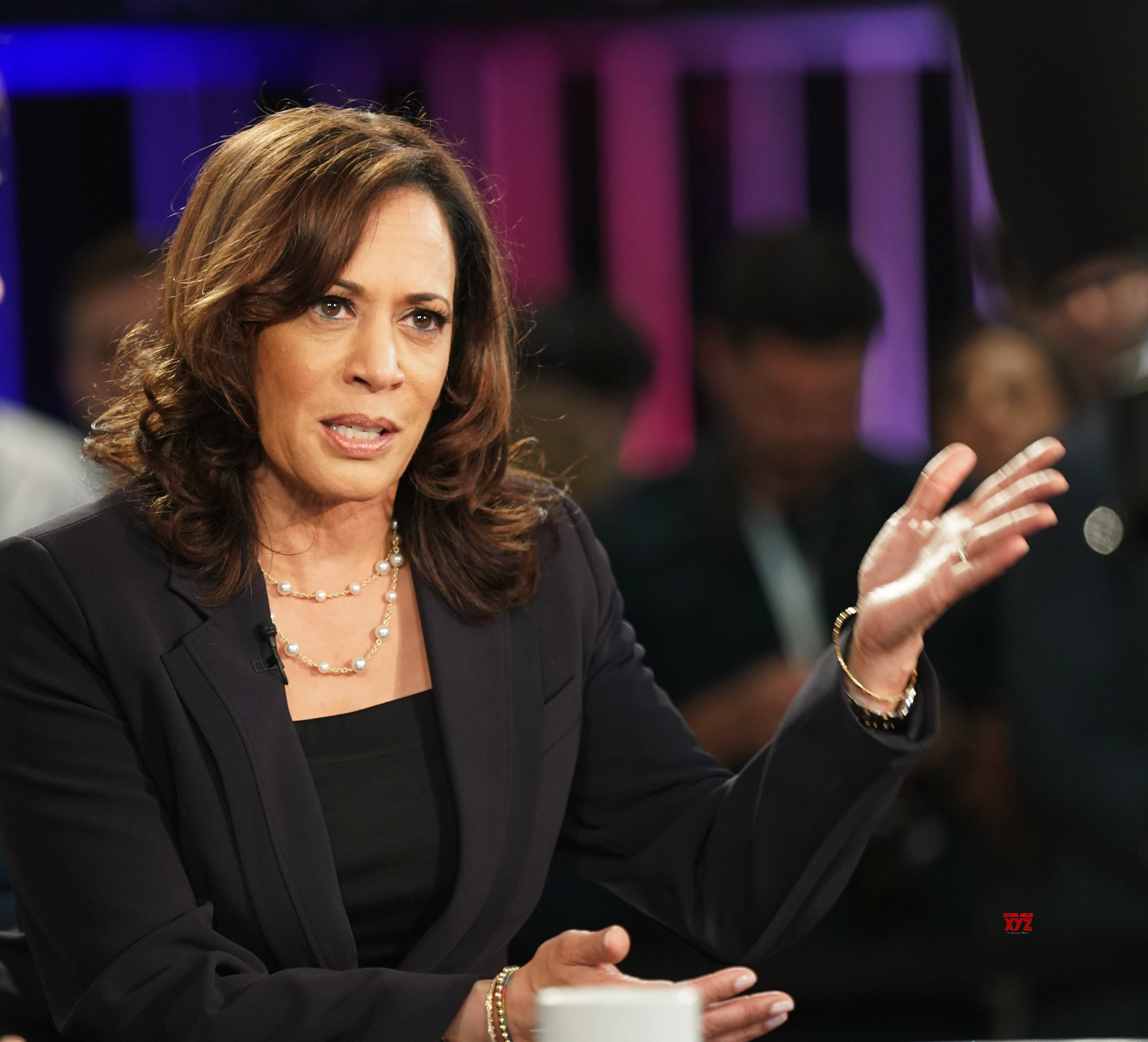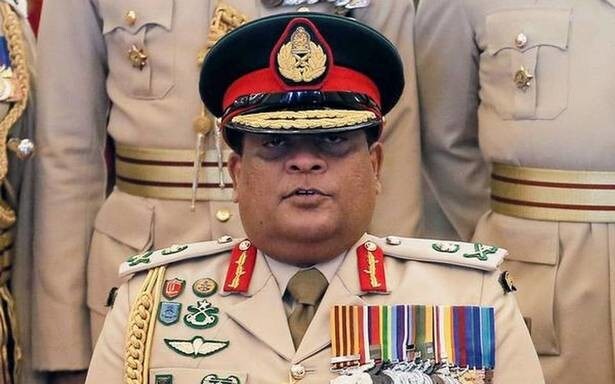 WASHINGTON: Indications from the US administration on ties with India are “positive and upbeat”, top American experts and lawmakers have said, days after President Barack Obama outlined that the country was a “big part” of plans in his second innings.
WASHINGTON: Indications from the US administration on ties with India are “positive and upbeat”, top American experts and lawmakers have said, days after President Barack Obama outlined that the country was a “big part” of plans in his second innings.
At the same time, the experts, policy makers and lawmakers, known for keeping a tab on India-US relationship, believe that the two countries would continue to have differences on key economic issues, even as they strengthen their relationship in strategic, national security and defence ties.
“Early indications about what the next four years have in store for US-India relations are positive and upbeat,” former Assistant Secretary of State for South Asian Affairs Karl F Inderfurth told PTI.
Currently senior adviser and Wadhwani Chair in US-India Policy Studies at the Center for Strategic and International Studies (CSIS), an eminent American think-tank, Inderfurth was quick to refer to the remarks given by the National Security Adviser Thomas Donilon last week in which he said that the US has “given a full embrace” to India’s rice and “a full embrace” of its rise as a partner.
“That’s good, because there will be much to do,” Inderfurth said.
“Obama’s second term agenda with India will be vital to both, including a further deepening of trade and commercial ties (both countries need to get their economies growing), ensuring a stable future for Afghanistan and its immediate neighbourhood, and collaborating on critical issues ranging from dealing with Iran and its nuclear ambitions to encouraging the rise of a peaceful China,” he said.
“In all these areas India will be, as President Obama told Prime Minister Singh in Cambodia: ‘a big part of my plans’,” Inderfurth said.
Upbeat about the prospects of India-US relationship, Senator Mark Warner said that the past year saw continued growth in many sectors, especially defence trade where the efforts of Ashton Carter, the Deputy Secretary of Defence, are paying off.
“Boeing is negotiating a USD 1.7 billion deal for helicopters, and that’s in addition to India’s USD 4 billion purchase of C-17 airlifters,” Warner pointed out. . “I also think the recent Indian economic reforms will help improve the climate for foreign direct investment, and I hope we can use that as a catalyst to provide some momentum for a Bilateral Investment Treaty,” Warner, the co-chair of the India Caucus in the US Senate, told PTI.
Congressman Joe Crowley, who serves as co-chair of the House Congressional Caucus on India and Indian-Americans, said that the links that bond the US and India are stronger than ever.
“Our countries have many similarities, none more important than our shared value of democracy. Democracy is what has made our economies strong, our governments strong, and our people strong,” he said.
“There is no question that President Obama sees what I see when it comes to US-India relations: India is one of our strongest partners and it is critical that we continue to build upon that partnership,” Crowley told PTI.
“There are a myriad of areas to focus our attention on, including promoting exports and encouraging investments, addressing poverty, and working together to ensure our world is a safer, more peaceful place for all. I look forward to continuing on these and other issues in the months ahead,” he said in response to a question.
Eminent American expert on India, Lisa Curtis, from ‘The Heritage Foundation’, felt that the new Obama administration has a window of opportunity to advance the US-India relationship next year before India begins to gear up for national elections scheduled for early 2014.
“Officials within the Obama and Singh administrations have had plenty of time to develop the relationship and an understanding of initiatives that are ripe for advancement.
The two sides now need to implement those steps that will ensure India is an integral part of the US Asia pivot,” Curtis told PTI.
“It’s also crucial that Washington and New Delhi consult and cooperate closely on Afghanistan as the US draws down forces. The two sides need to be on the same page with regard to the political future of Afghanistan to help mitigate the chances of the Taliban regaining power,” she said.
“A failure to coordinate their Afghan policies would be detrimental to both countries’ national security interests,” Curtis warned. -PTI






